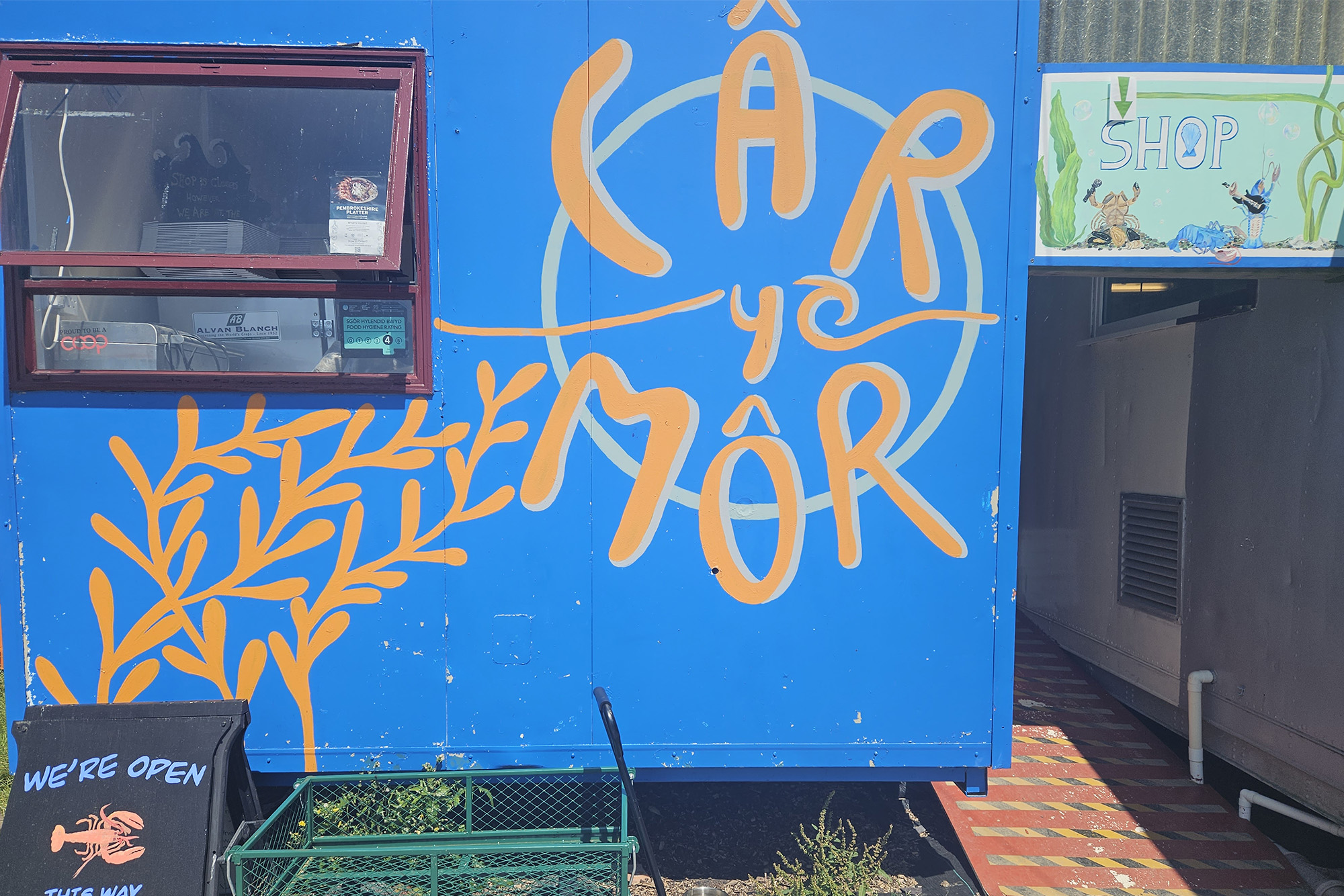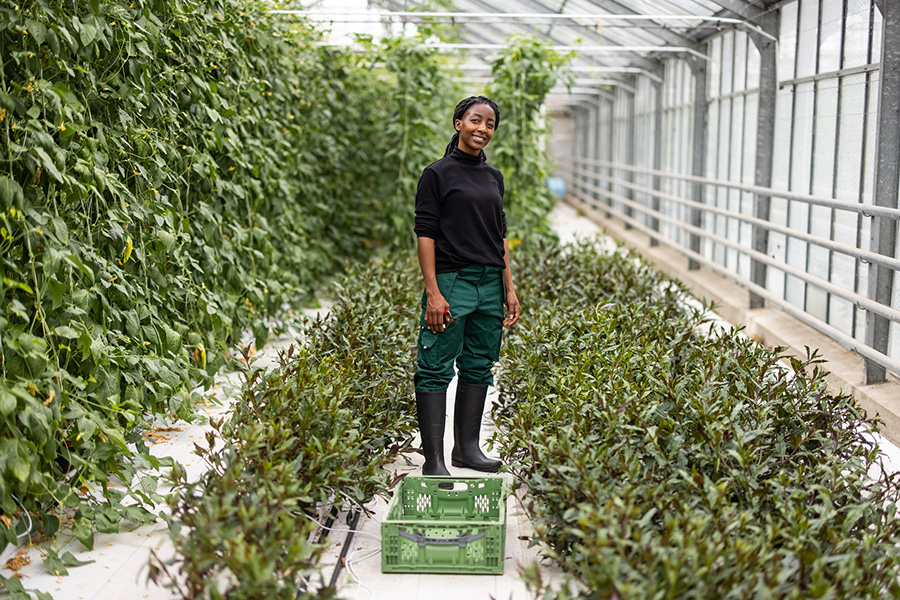
A love of the sea is taking root again in a corner of South Wales.
If you will allow me a literary moment, I would call to your mind Ishmael, the narrator in the nineteenth century epic Moby Dick.
He muses that “there is, one knows not what sweet mystery about this sea, whose gently awful stirrings seem to speak of some hidden soul beneath.” Like his captain, Ahab, Ishmael wanders the seas in the hunt for whales. The sea is his life and his livelihood.
On the edge of the sea are always coastal communities with the same commitments, ties and dependencies over the waters. But as fishing has become an industry and moved out of the human scale of local trawlers, these same communities are challenged with finding a new future.
For some, it means becoming tourist towns, alive in the summer, dead in winter, where the only new jobs are service roles, where housing is captured by outsiders as tourist second homes and where community… slowly dies.
In St David’s Bay in Wales, a community co-operative has formed that aims to change this. Its name is Câr y Môr, which means ‘love of the sea’, and its magic ingredient is seaweed.
The goal of the project, a community benefit society, is to develop a financially and environmentally sustainable source of employment for the local community, including former fishers, through the farming of seaweed in the seas offshore. With 250 members (who have contributed capital in the form of community shares) and 13 staff, the project has evolved rapidly with a range of experiments designed to add in revenue to move it to a commercial footing.
The founders started with shellfish, to have an early source of income, selling through to restaurants and retail, and have added seaweed products to this. That is not enough, so next to come were seaweed beauty products. And as not enough again, they are partnering with local farms to test seaweed as a biostimulant, and with another partner to explore the scope for using seaweed as a bioplastic, part of efforts to move to a circular economy. And as this too may not be enough, they are running and developing educational projects, to tap into the tourist sector in time, but starting with schools on the coast who want to learn their own love of the sea. Oh, and they are collaborating with researchers to understand the carbon impacts of their activities.
With an interest in how Pilotlight can support organisations working on sustainability in a similar way to which we have done for years on social disadvantage, I travelled to take a look.
I visited Câr y Môr on a beautiful day of sunshine, with the waters a profound and beautiful blue. Hosted by Tracy and Owen, I was carried across St David’s Bay in the utility boat for the seaweed farm and introduced to the seaweed growing on the taut lines stretched below the waterline.
Seaweed production and use is common in Asia, but not in the UK, where it is limited to wild seaweed harvesting. By establishing the first regenerative farm, the team aim to develop a model which could be picked up by other coastal communities around the edges of the country. They are inspired by a project which has done this successfully in Alaska.
It is of course, extraordinarily complicated to pull off, a continuing practical puzzle of how time, tide and weather combine with the right lines and seeds to grow seaweed in the most effective way. It is still early days. But for Owen, the project is moving forward hugely since its formation with his family members in 2017:
“People should earn once it becomes viable,” he explains. “Everyone is paid £12 an hour at the moment, and it works. There is no shareholders or dividends to pay so if and when it becomes viable, the hourly rate needs to go up for everybody and any profits go back in all the time.
Once we sort out the mooring systems and all the rest of it, we want to help others to start their own seaweed farms. That’s the whole logic. There is a model called Green Wave in America and they have started 20 or 30 farms in Alaska. They provide the seed, the expertise and training.
It is a small thing but I think it can help towards the climate challenge. It helps local jobs, stops coastal areas dying from retired people and tourism. There is a tipping point when local people get fewer and fewer and then they close the school and that will be the end of it."
I came away from Câr y Môr inspired by the vision and the values that I had encountered. If the love of the sea can nurture such entrepreneurship, then if we open our hearts, as Ishmael too was perhaps able to… then, we may find ourselves too, in the face of dramatic environmental loss and climate risk, part of a new tide of community organising and renewal.

Together for climate action
New research from Pilotlight estimates that 100,000 skilled “climate volunteers” are needed to accelerate environmental action in the UK.
